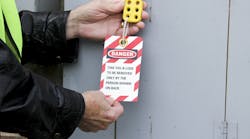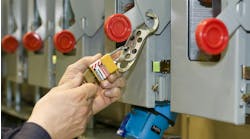A key difference between the 2015 edition of NFPA 70E and previous editions is this electrical safety standard has moved from being rules-based to emphasizing the employee’s use of personal judgment to implement the concepts and processes that will result in doing work safely.
Evidence strongly suggests that when you have rules, people tend to break them. Or at the very least, they try to see what they can get by with.
NFPA 70E now makes this statement: “The employer shall provide the safety-related work practices and shall train the employee, who shall implement them [105.3]. The heading for that statement? Responsibility.
Under a rules-based system, the mindset of many employees is to play “Don’t get caught” games. That is the nature of such a system, due to its emphasis on punishment; the carrot and stick system makes people try to avoid the stick. What they should be trying to do, instead, is to identify the dangers and determine how to protect themselves.
That said, NFPA 70E does contain rules. But its focus is on your responsibility to implement safety concepts and practices. This change in NFPA 70E is more than a shift in emphasis. It’s a change of mindset.
There will always be specific rules, but don’t view those as traps to step around so you avoid disciplinary action. View them as something you can use to protect yourself. Yet, you don’t want to limit yourself to those rules; they can’t possibly cover all situations. As you apply the processes provided in NFPA 70E, always make it your goal to identify the dangers that may arise in performing a given task. Then figure out how best to protect yourself (NFPA 70E has processes for that, also).




